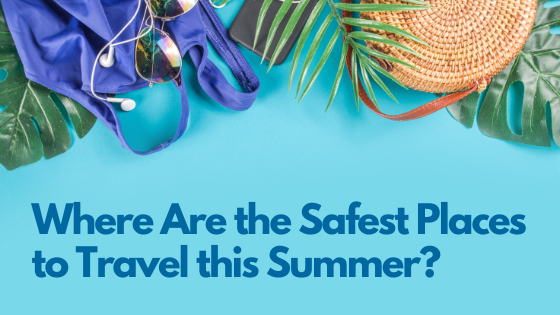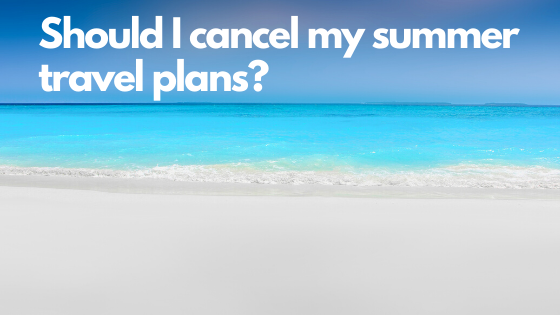
Coronavirus numbers are declining in much of the United States, and many people are starting to plan travel again (or at least thinking about it).
Travel suppliers have enticing trip offerings with low prices and eased cancellation policies, and the deals are so good you feel crazy for not booking.
But, since we’re not 100% out of the woods yet it still makes most people nervous to book a trip now.
What happens if there is another outbreak? What if you needed to cancel? How long will it take to get a refund?
Today’s guest might be able to help…or more specifically, travel advisors might be able to help.
I’ll be joined by Mimi Lichtenstein or TruVay travel, and she will share the many benefits of using a travel advisor.
Advisors can help with the problems above, but also help you get extra trip perks that you don’t have access to.Â
Selected Links from the Episode
Show Notes & Timestamps
- How host agencies work 00:03:30
- Benefits of using an advisor in post-coronavirus travel planning 00:04:56
- How Mimi helps clients with cancellations and refunds 00:06:08
- The ways an advisor can help with protecting your trip investment with insurance 00:07:33
- Extras an advisor can get for you that you can’t DIY 00:10:04
- Example of the VIP treatment an advisor can get for you 00:10:43
- Other perks advisors get 00:11:58
- Mimi playing Devil’s Advocate on any drawbacks 00:13:21
- How much advisors cost 00:14:21
- Tips for finding a good advisor 00:17:09
- The benefits of a Virtuoso connection 00:18:49
- Mimi’s Family Planning Hack 00:19:59
- Common trip planning mistakes and how to prevent them 00:22:00












